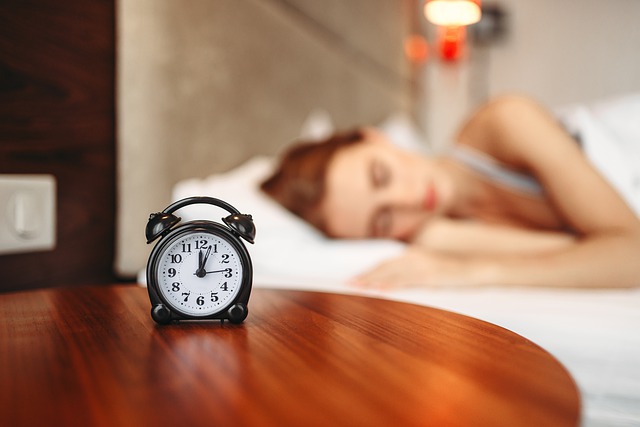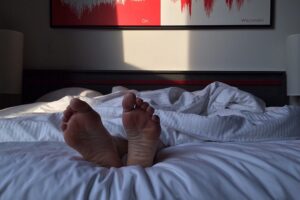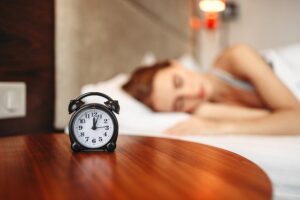Why You Wake Up Tired After a Full Night of Sleep

Do you find you are sluggish and sleepy during the day even after getting a full nights sleep? Most people experience sleepiness during the day on occasion. But persistent daytime drowsiness can be linked to your health and sleep habits. There can be some reasons behind daytime drowsiness. At Michigan Sleep Apnea Center in Southfield, our goal is to determine the cause so you can begin feeling more alert during the day.
Are you getting enough sleep?
If you get eight hours of sleep every night on a consistent basis and yet still feel tired during the day, there is a reason for it. To start with, getting eight hours of sleep each night is just a guideline. Everyone is different, but research has indicated that most people need eight hours of sleep. But this is not necessarily true for everyone. You might need to adjust it a bit to get the proper amount of sleep for you. A full nights sleep can look different for each person.
Fine-Tuning the Body’s Clock
Eight hours is the suggested amount of time most people need for sleep. But getting too much sleep can be just as detrimental as not getting enough. Each person needs to be in tune with their own personal body clock and determine how much sleep they need to feel refreshed and ready for the day. To fine-tune your body clock, start with what time you need to get up each morning. Then, count backward seven and a half hours. This is a good time to start getting to bed.
Why 7.5 hours? It’s just a reasonable benchmark since most people go through five 90-minute sleep cycles each night. These cycles alternate between deep sleep (REM) and sleep (non-REM). If you wake up during a REM cycle, you are likely to feel groggy the next day. But if you awaken during a non-REM sleep cycle, you are likely to feel attentive and alert the next day. Try the 7.5 hours of sleep for three days. If you discover that you wake up 10 minutes before your alarm, you have found the perfect bedtime for your body. However, if your alarm wakes you up, try moving the bedtime back 15 minutes. Try your new time for three days in a row. Continue doing this process until you find you are waking up just a bit before your alarm goes off. Once you find your internal sleep clock, be consistent with it. Keeping it as the norm without varying from it will help you be more alert throughout the day, and you will be able to function better.
Healthy Choices for Better Quality Sleep
There are other choices you can make to help ensure you get quality sleep. Having an exercise routine can help curb daytime fatigue. Exercising gives you energy, but it also helps you sleep better. The standard recommendation is for adults to get about 40 to 60 minutes of exercise four days a week. Exercising also increased the “feel good” endorphins.
Making healthier food choices can help boost daily energy levels naturally, helping you feel more alert during the day. Eat natural, unprocessed carbohydrates. Choose nutrient-rich foods that contain antioxidants, protein, vitamins, and amino acids. High energy foods include leafy greens, tree nuts, eggs, fruit, bell peppers, lean meats, and whole grains, just to name a few.
Poor Sleep can Indicate a Sleep Disorder
If you’re practicing good sleep habits, have a healthy lifestyle, but still suffer from daytime drowsiness, it can be a sign of a more serious condition. Discuss your concerns with Dr. Earl K. Bogrow, a sleep apnea treatment specialist focusing on dental appliances. He can determine if you are dealing with conditions such as obstructive sleep apnea, narcolepsy, or other sleep disorders. There are effective treatment options available to help you sleep better and feel better. Call our Southfield, MI office today.









